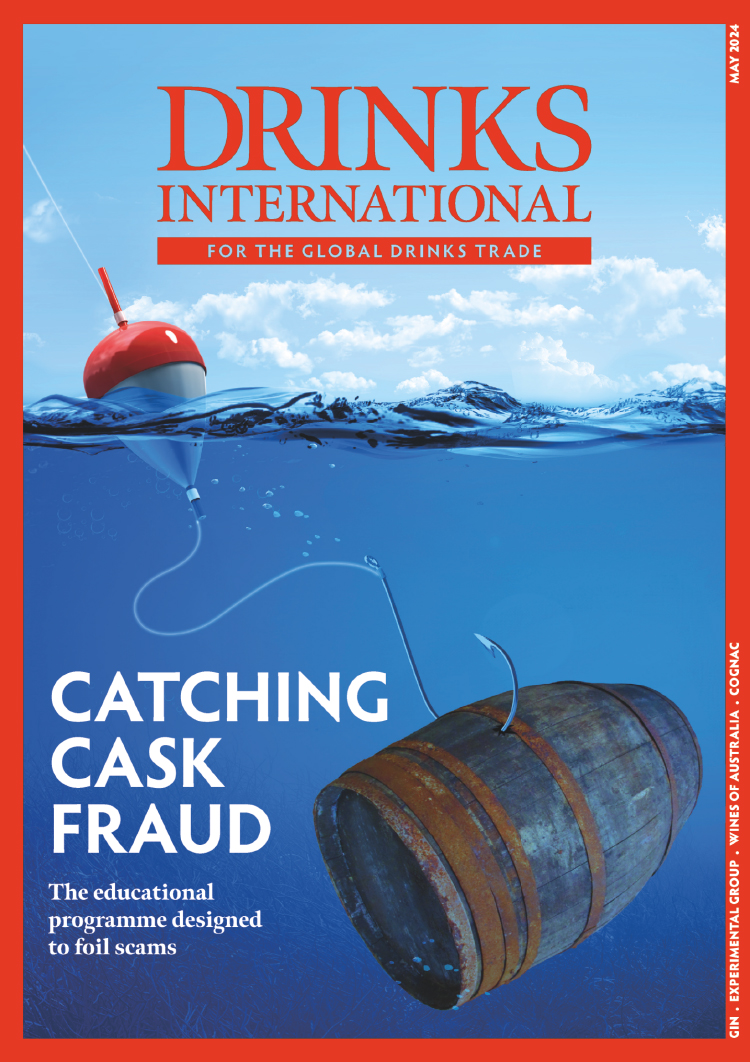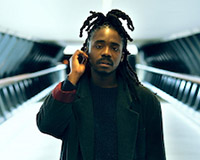"I PREFER THESE", says François Renié, plucking a box of matches from his pocket and playing them like a maraca. He sings, shakes and sparks the Habano that is rarely out of his company and lets out a plume of dark smoke. The media lunch in Havana continues.
Renié is Havana Club’s head of communications, but he is more accurately described as Monsieur Cuba. His is no ordinary job. Communicating on a product that is half owned by the Castros takes a businessman’s pragmatism and a scholar’s cultural understanding. In marketing terms, Cuba is a dark a market as you will find, so the role requires what people in drab windowless offices call ‘blue-sky thinking’. In his three months a year in sunny Havana, Renié certainly does that – but he also has the unwavering support of Pernod Ricard, which realises his is a specialist’s gig. There’s no sense in sending any old suit that slides off the hanger – T-shirt, fat cigar, field experience and creative thinking are what’s required here.
Renié joined Pernod Ricard in 1998, five years into the Cuba Ron-Pernod Ricard joint venture and was posted to Havana a year later. But this was chapter two, or even three. First came a career in advertising. Because of his business school education, Renié entered the industry at the account management, not creative, end of the business. But playing at Pete Campbell not Don Draper was never going to work and, not long into his 30s, Renié ditched corporate for cultural.
He joined the communications team at Fnac, a French department store specialising in cultural goods. “It was a downgrade in salary but a brave decision,” recalls Renié. “When you work on cultural subjects you pay a passion tax. At Fnac employees had been to university for six years and earned €1,500 a month.”
Renié had already been to Cuba in the mid-80s “to discover the routes of salsa” and ended up getting “hooked on the local rum”, but his time with Fnac saw him explore the island’s cultural arts professionally. He even helped organise a Cuban music concert in Paris with Compay Segundo, one of the lead men of the yet-to-be-internationally popularised Buena Vista Social Club.
A fair bit to talk about then, if he ever bumped into a man from Pernod Ricard looking to market Havana Club through Cuban music and arts. “I told him I knew Havana Club and that I had been drinking the rum since 1986 [through a friend in Spain]. Then I told him that I knew Cuban music and was connected to Compay Segundo.”
After a year of spirits training in Paris, Renié was Pernod’s man in Havana. It was a breakthrough. “Culture, marketing and rum. It was just perfect. And a better salary. I was happy to have the passion without the tax.”
When Havana Club International first came into existence in 1993, sales were almost entirely domestic and stood at 400,000 9-litre cases a year, give or take. “It’s difficult to know the exact numbers because there was some bartering between the Cubans and Soviets,” says Renié. Rum for missiles, perhaps? “Ha ha – I didn’t say that.”
But even by 1998 Havana Club was still only a quarter of the 4m cases it is now – so as far as building an international brand goes, Renié joined in the formative years. The first step was to build Havana Club’s profile domestically – through tourism, the word would spread.
“When I started we launched the Havana Club museum, which we opened to tour operators and after three years we had 150,000 visitors, without counting the Cubans who got in for free… with a little drink at the end. At the start many came, but they had to do the whole tour to get their drink.”
But getting Cubans to be ambassadors for the brand was not as straightforward as you might think. “There was no marketing or advertising in Cuba at that time – it was seen as evil. There were posters allowed on the roads at one time but one day the government decided to cut them out – probably for dogmatic reasons.” Advertising had to be creative. “We had a contract with the car watchers [one of Cuba’s more informal professions], where they would wear [Havana Club] T-shirts.”
In 2001 Renié was made communications director – a job based in Paris but with regular trips to Cuba. His work, while always under the banner of communication, included the organisation of the Havana Grand Prix cocktail competition, this year in its 10th edition, but also more indirect projects with their hearts in Cuban culture. “I was always involved in the culture here – with the national ballet, with salsa bands, partnerships with art exhibitions – but it was all without a hat, it didn’t have a name.”
Renié is referring to what became known as Havana Cultura – a platform for Cuban arts and culture, funded by Pernod Ricard.
“I was talking to rappers, I listened to Latin jazz and Cuban pop, I went to underground and official gigs to be immersed in the culture. Talking to these guys I began to feel Cuban culture was getting too misty-eyed and old-fashioned, always referring to the past before the revolution.
“They were frustrated with the Buena Vista effect that identified Cuban music as only old and charming. We said: ‘Shit, Havana Club is the Cuban rum of today. We have to play on this.’ Of course we are the rum of the cocktails in El Floridita and La Bodeguita but let’s be the Cuban culture of today. So we started Havana Cultura.”
Since 2009 DJ Gilles Peterson has been the international face of the platform and has created a number of collaborative albums with the Havana Cultura banner, but Renié is the instigator, the organiser and definitely the major talent spotter.
He’ll never get the credit but he is arguably one of the most influential figures in the Cuban music industry today. Through the website havana-cultura.com he has uncovered some of the brightest talent in Cuba.
“We have filmed and uploaded 150 artists’ profiles: musicians, artists, film directors, dance companies. Many of them have found it very useful and have been contacted. Journalists also use the website to see what is cool in Havana. Radio Nova calls me for the fresh news. It’s also a way to make the bridge with Cubans who have left the country.”
The programme has supported a dub-step collaboration, Mala in Cuba, and last month nine international bedroom-producers were assembled to make songs with local Havana artists – another album under Peterson’s label will come of it. A contemporary art project has also been commissioned. “We pay for the production and buy the art at the end. We will start a collection that will stay in Cuba. Within 10 years we hope to have a great view on contemporary art of this space in time.” Renié’s latest idea is to invite 10 of the world’s top photographers to Havana.
This kind of long-term arts policy sounds more the work of a government minister for culture than a Frenchman working for a spirits firm. “The government doesn’t have the finance of other countries so we think what we do is helpful to them, to the artist and helpful to us for marketing.”
This is marketing that is so indirect it barely knows what ROI is. It seeks not to promote just a brand but a city and its people that are its backdrop. “It’s marketing that goes a step further, towards social responsibility and culture – it’s not commercially aggressive – we try to do it authentically. This is not a one-day business. We want to make people more interested in what’s happening in Havana.
“As the brand becomes more mainstream, it has to stay cool, because there will always be a new brand. When I see the bartenders’ reaction I get the impression Havana Cultura is a very strong asset. It is key to our business to have people feel good will towards your brand. With these activities we can be a brand of passion for bartenders.”
Monsieur Cuba may have an off-the-cuff manner but everything he does is deliberate and with direction.




